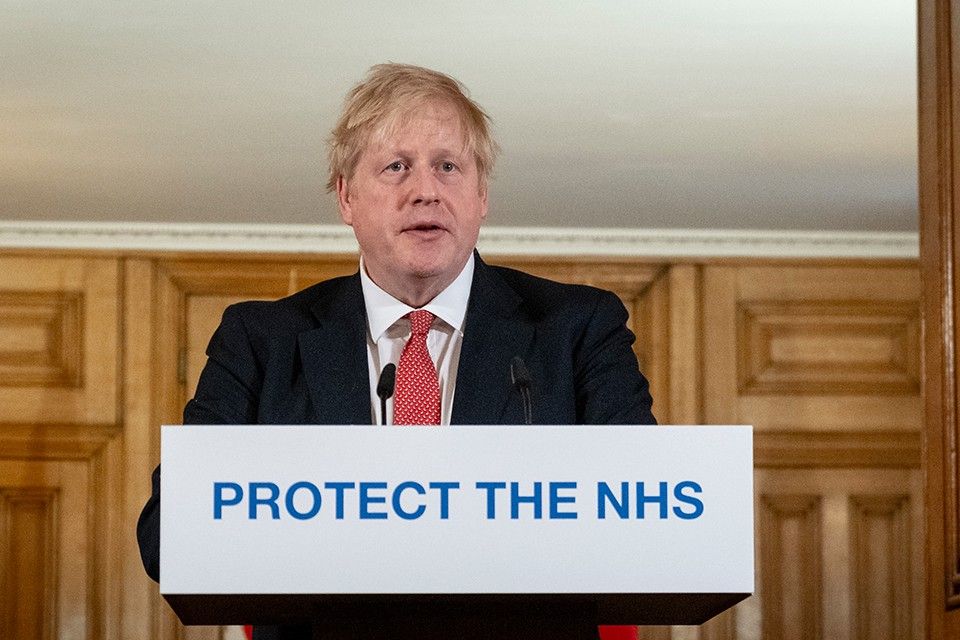Reinventing Politics: Some Post-Electoral Thoughts For The Conservatives
This piece by Rupert Read and Liam Kavanagh (co-Directors of the Climate Majority Project), with a companion piece addressed to Labour and Read’s earlier piece on the Green Party, form a series reflecting on the new UK political situation from the perspective of Green House’s interests and concerns.
Reinventing politics: some post-electoral thoughts for labour
This piece by Rupert Read and Liam Kavanagh (co-Directors of the Climate Majority Project), with companion pieces addressed to the Conservatives and (by Read) to the Green Party, form a series reflecting on the new UK political situation from the perspective of Green House’s interests and concerns.
The true power of the Green Party is now: to admit our own powerlessness to ‘save the world’
How to parlay four MPs into a genuinely transformative response to the climate and ecological emergency? A prominent Green thinker offers a challenging proposal.
Between XR and COP
On the spectrum from conventional activism and politics through to arrest-willing non-violent direct action, the most obvious vacancy is work. We need to be delivering the necessary transformative change via our day jobs: working to ensure that the job really is part of the solution, not the problem
Extinction Rebellion: Insights From The Inside
This book is written by Rupert Read, founding member and former chair of Green House Think Tank
Another Brexit is Possible
This report considers that the option of remaining in close alignment with the EU is too politically difficult to achieve. Having made this assumption, it argues that the only viable option is building national resilience through more localisation combined with deeper global cooperation.
“A National Scandal”: a timeline of the UK government’s response to the Coronavirus crisis.
A timeline examining the government's response to the coronavirus crisis.
APPG Briefings on the Precautionary Principle (Climate Change and Animal Welfare)
Rupert Read has collaborated with the APPG on Agreocology for Sustainable Food and Farming on writing two briefings, on the importance of maintaining the Precautionary Principle for Climate Change and Animal Welfare, after the UK leaves the European Union
Sinister Interest - Reforming the Media
This polemical pamphlet is a significant contribution to the current debate about what needs to be done if democracy is to flourish in a world of ‘fake news’ and ‘post-truth’.
Facing up to Climate Reality: Introduction to the Project
This essay lays out the premises that shape the facing up to climate reality project undertaken by Greenhouse in 2017-18. The project addressed the widening chasm between climate science and climate policy, the reasons for it, and how to bridge it.
Ideas for a Radical Green Manifesto
Green politics is in practice about much more than politics – we need changes in economics, technology, attitudes, and cultures. That is why it is the most radical form of politics there is.
A critique of the RSA’s ‘Inclusive Growth Commission'
In the latest Green House Gas, Jonathan Essex and Rupert Read question some of the fundamental assumptions of the RSA Commission's work












